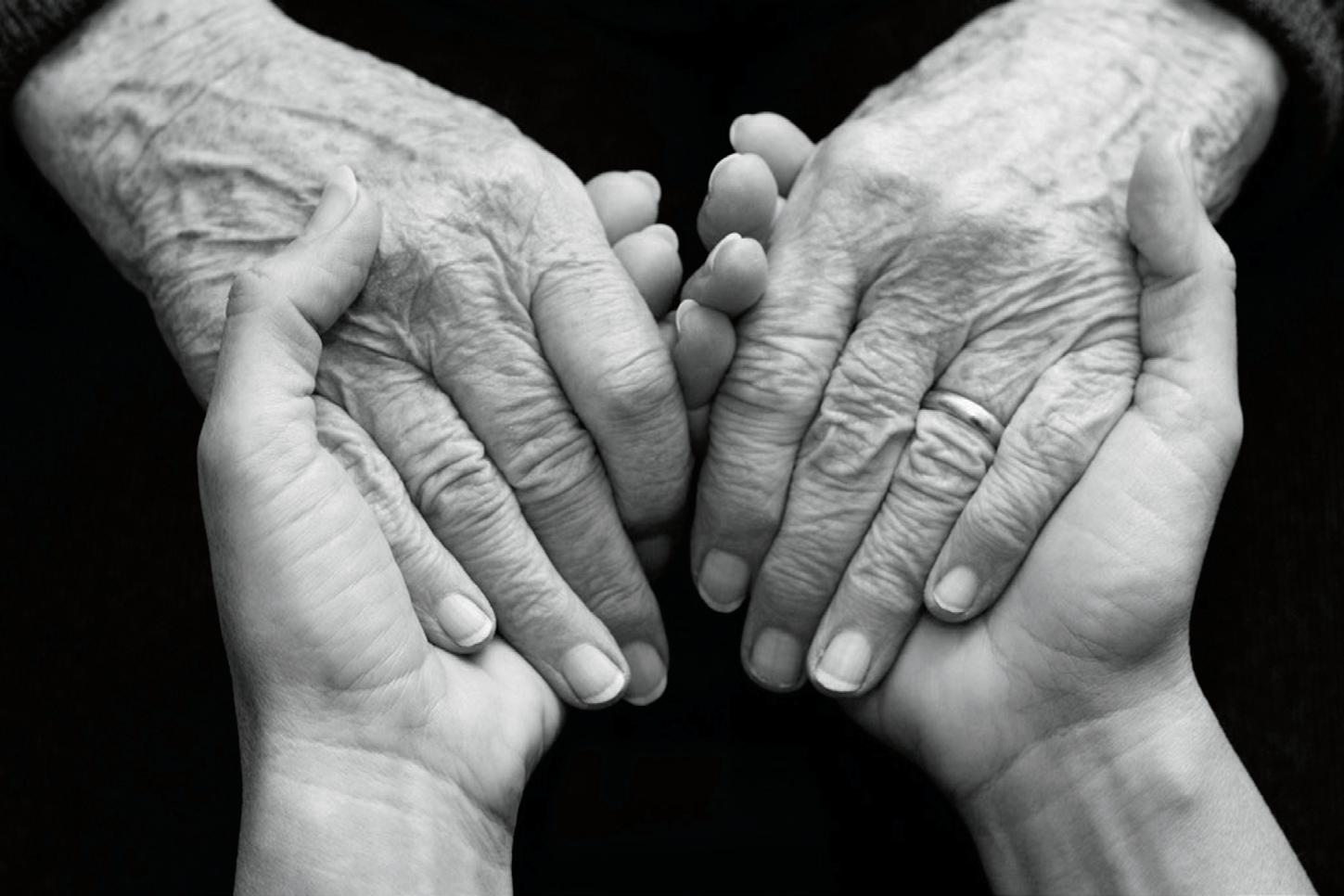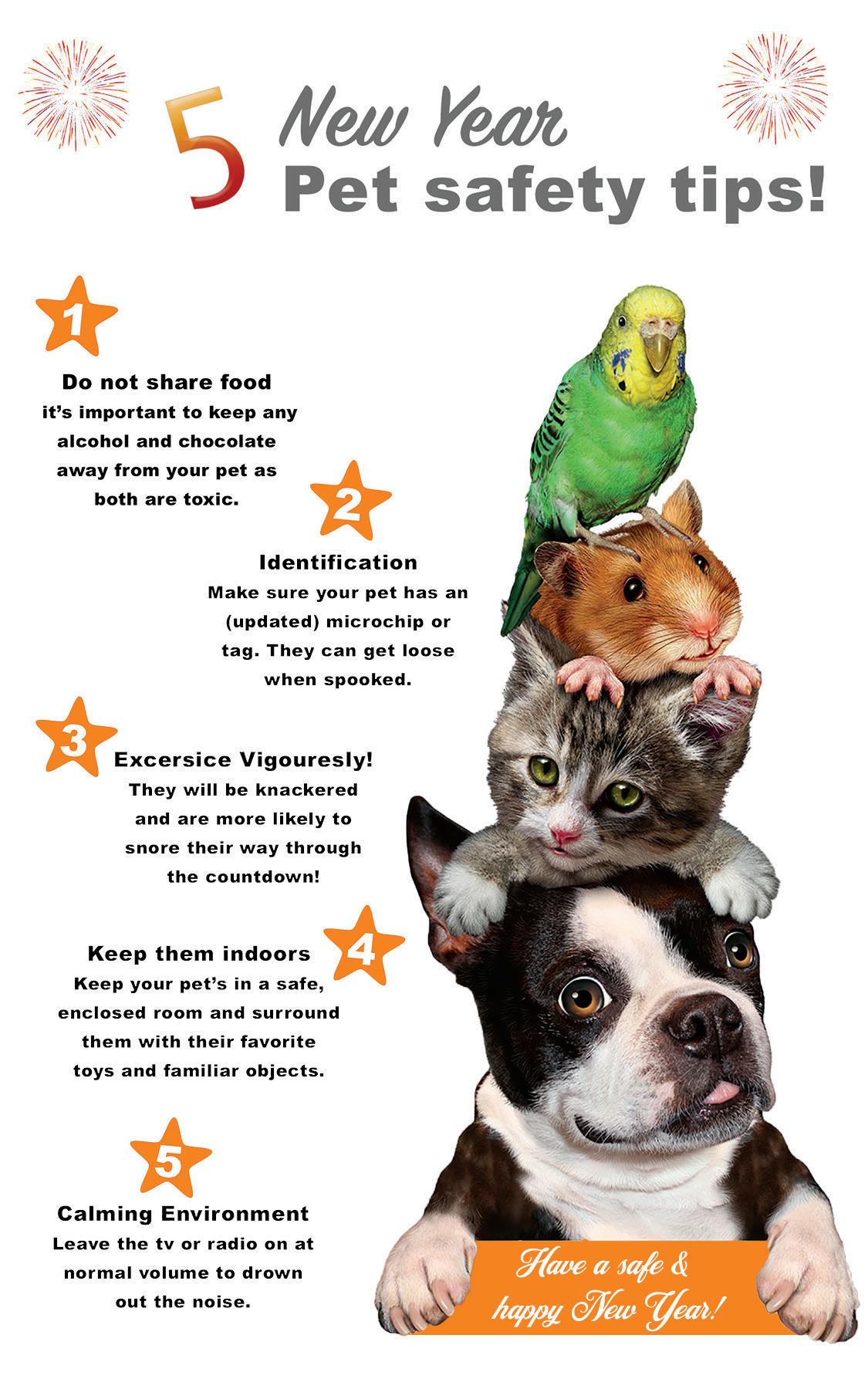
5 minute read
Creative Corner
The Laundry Fairy
By Ryan Baker
Not long after I got married, the strangest thing started to occur. Every day, I would put my clothes in the hamper, and after a few days, they would appear back in the drawer clean and folded. It was utterly remarkable. Other things would find their way back home as well. Dishes placed in the sink would appear back in the cabinet, shoes, left in the living room, would be found in the closet later. It made no sense. Now, I will say that I have heard of other men telling tales of magical laundry fairies or the like, but I never thought I would experience it. I had to figure out how to keep the laundry fairy around. I could not go back to a life of doing my own laundry. I knew too much.
I took steps to figure out what would keep the laundry fairy around. Flowers worked. Puppies also worked. Cooking dinner produced a coinflip of effects. if the dishes were too messy, the laundry fairy would not touch them. The same went for my clothes. Balance was key.
If there was an argument happening with the wife, the laundry fairy was also absent. Clearly, the laundry fairy would run away, scared of my wife. Therefore, keeping a calm head when discussing things with my wife would keep her calm as well, and keep the laundry fairy around. The laundry fairy would also disappear if my wife left for an extended period of time, or if I had to go on a work trip or travel without my wife. That was the oddest part of it all. I could only assume it was the flowers though, because I did not buy flowers for anyone but my wife. I had solved the mystery once and for all! Flowers keep laundry fairies around!
So, fellas, if you too never want to do laundry again, find someone you love, buy them flowers, and you just might get lucky enough to get a laundry fairy.

Loved Onesdeserve only the best
The local experts in Celebrating Life!


Art by Linda Perkins



Fairytales do come true!
With laughter and love all around, we can help you bring your dreams to life!
Premier Wedding and Event Venue Bluebirdhaven.com
By: John K. Rosemond www.rosemond.com
The Problem With ‘I Feel Your Pain’
“I feel your pain” passes as a virtue, but it is anything but. However wellintentioned, it is the gist of codependency. When someone else is in a state of emotional pain, it is one thing to empathize, understand, have compassion, offer to give support, and render practical assistance. It is quite another to feel the person’s pain. In that event, the person feeling the other’s pain becomes inclined toward attempting to solve that person’s problem. Why? Because it is now his problem as well, and equally so. That attempt is known as “enabling.” In short order, the enablee becomes dependent upon the enabler’s assistance, and the enabler becomes dependent upon the illusion he is self-sacrificing; down the road of mutually assured destruction they waltz. They both need one another, one to confirm his victimhood and the other to confirm his heroism.

“I feel your pain” seems to be the theme song of contemporary “parenting.” I put the word in quotes to distinguish that peculiar post-1960s pathology from mere childrearing. The pre-psychological form was “mere” because it did not, in and of itself, give rise to such aberrations as parents who felt their children’s pain and thus the obligation to solve their every problem. Consequential to being burdened (or so we sometimes thought) with non-codependent parents, we boomers were forced to develop the armor of emotional resilience, which translated to much better child mental health than has been the case since.
When I complained to my parents that one of my fifth-grade teachers did not like me, they told me, in no uncertain terms, that her dislike of me best not be reflected on my next report card. “Besides,” said my mother, “it is high time you learned how to deal with people who don’t like you, making sure they have no reason to do so.” Where, these days, is the parent who talks this way to a child, who refuses to affirm in any way, shape, or form, the child’s claim to victimhood? My mother, I thought, was a cold-heart who took sadistic pleasure in standing by as I went under for the third time. What did I know? The sign of proper parenting is not a child’s affirmation. A working definition of “child” is “one who is ignorant of what is in his best interest.” Far more often than not, the more vehemently a child objects to a parental decision, the more said decision reflects the child’s best interest. That is why the best response to a child’s declaration of hate for said parent is, “If I were you, believe me, I’d hate me right now too! Do you feel the need to share any other earth-shaking news with me? If so, I’ll stick around for as long as you’d like. I want you to feel, after all, that you have freedom to speak your mind around here.” That is not the language of feeling a child’s pain. It is the language of informing a child his feelings do not define reality in the family, life is full of problems, problems are always painful, and the earlier he comes to grips with the foregoing, the better for him for a long time to come. A love that isn’t tough is always to be regarded skeptically.
Do not share food It’s important to keep any alcohol and chocolate away from your pet as both are toxic.
Identification Make sure your pet has an (updated) microchip or tag. They can get loose when spooked.
Exercise Vigorously They will be tired out and are more likely to snore their way through the countdown!
Keep them indoors
Keep your pets in a safe, enclosed room and surround them with their favorite toys and familiar objects.
Calming Environment Leave the tv or radio on at normal volume to drown out the noise.




